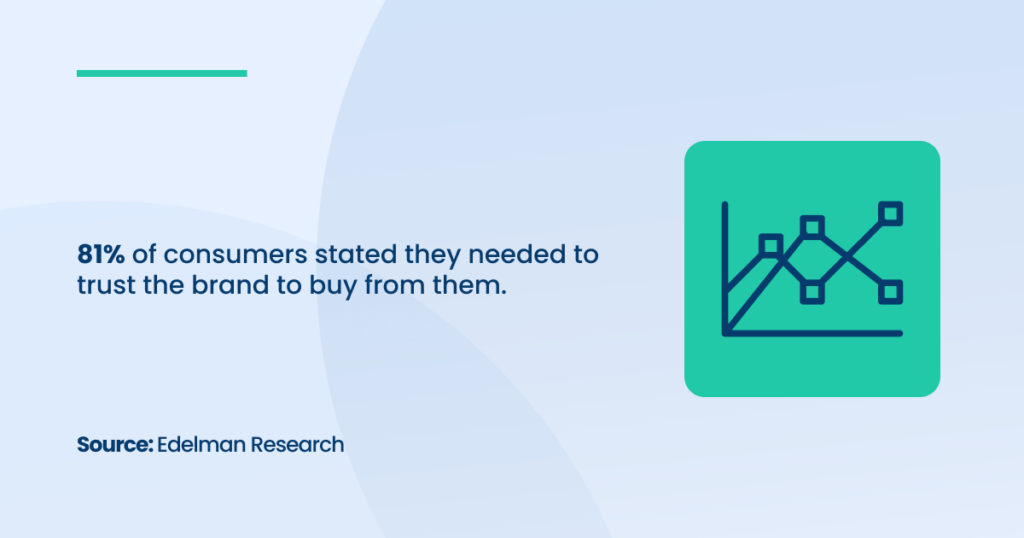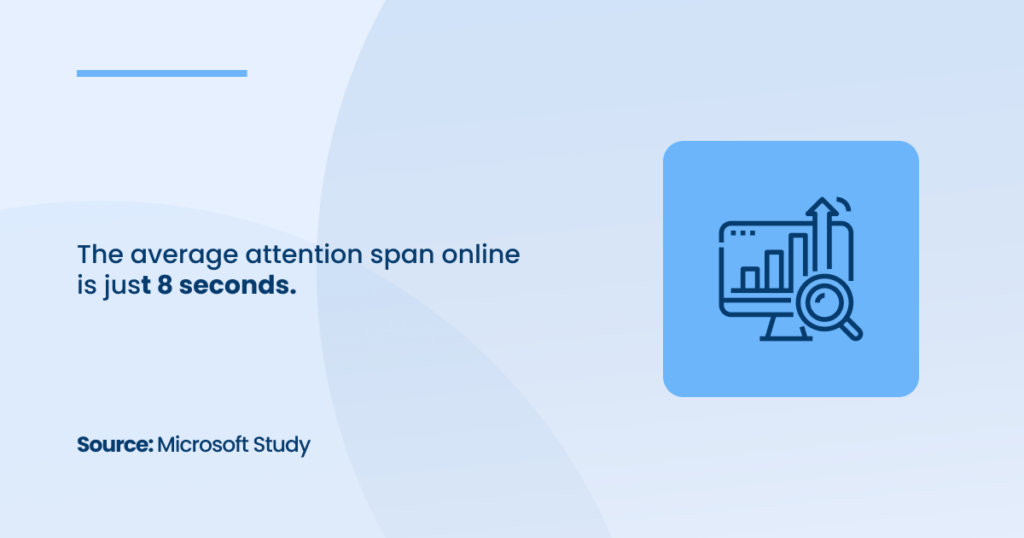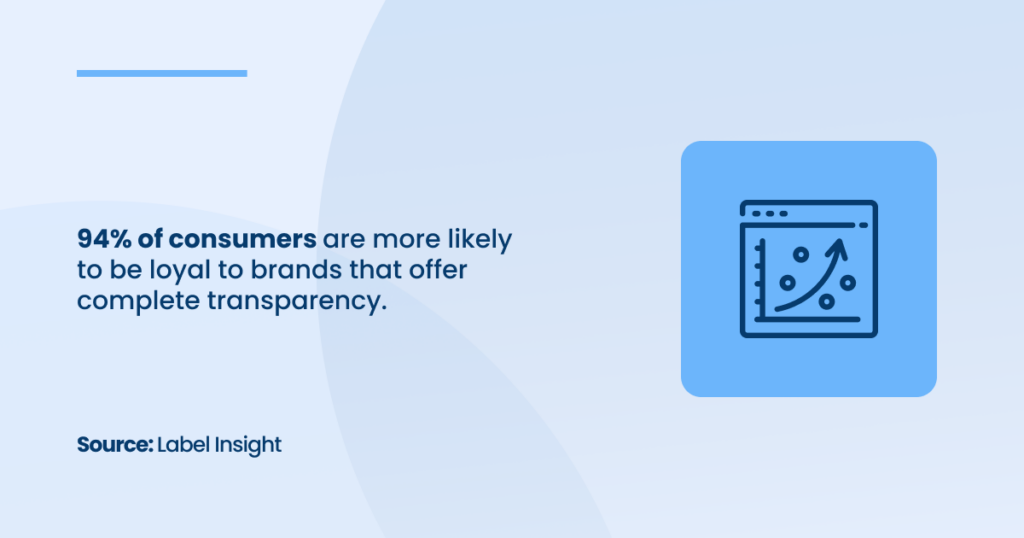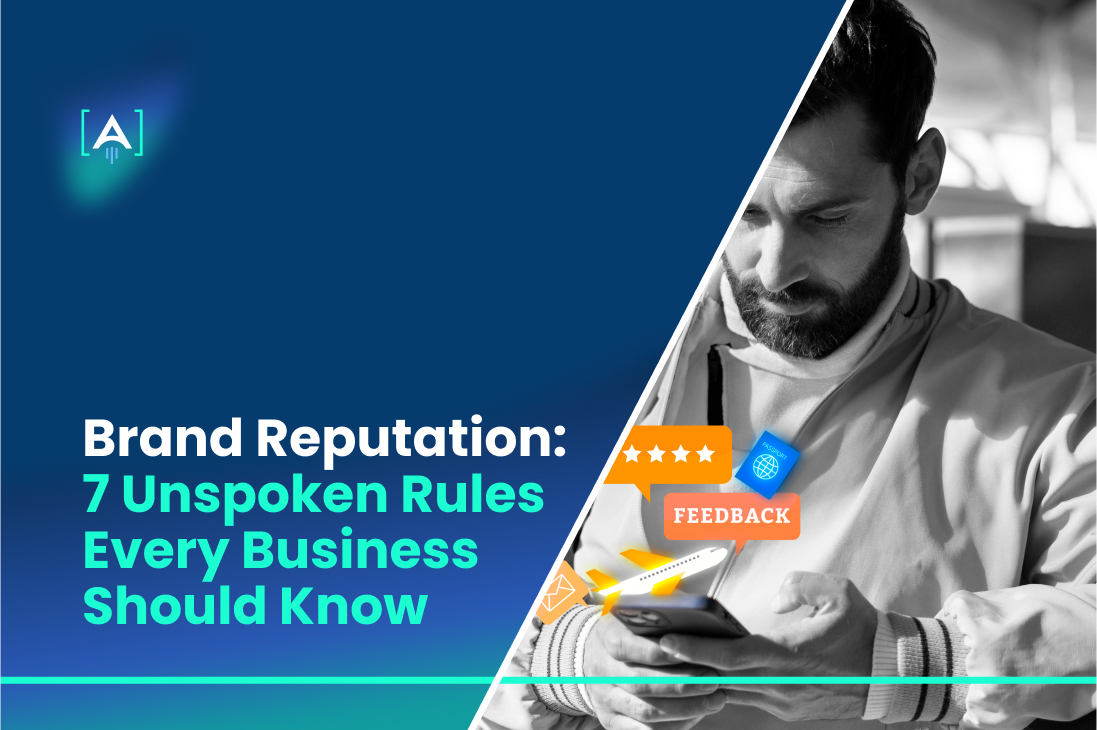Brand reputation is no longer just a buzzword. It’s the lifeblood of every business.
While there are countless strategies for building and maintaining a strong brand image, some unspoken rules can significantly impact your reputation.
Often overlooked brand reputation rules can make or break your brand’s standing in the market.

Moreover, according to Stackla, 86% of consumers consider authenticity crucial when choosing which brands to like and support.
The process can be led by an expert Thought Leadership Agency, which specializes in creating authentic, impactful content that resonates with target audiences and positions brands.
In this article, we’ll examine 7 unspoken brand reputation rules that every business should know and implement.
1. Why First Impressions Still Matter in the Digital World
First impressions happen in the blink of an eye.
When potential customers land on your website, read a review, or glance at your social media profile, they start forming opinions.

First impressions online are instant—users typically decide within a few seconds whether to stay on a webpage or engage with content. The design of your website, the tone of your messaging, and even the speed at which your site loads all contribute to that immediate judgment.
Consistency is a Non-Negotiable Brand Reputation Rule
Consistency across all digital touchpoints is crucial to building trust. Your website, social media pages, and any other online presence should echo the same tone, messaging, and branding.
Tip: Align your online voice with your overall brand identity. Whether it’s through professional blogs, customer interactions on social media, or your company’s visual branding, maintaining consistency boosts trust and credibility.
2. The Silent Power of Employee Advocacy
In the digital age, building and maintaining a solid brand reputation requires more than just marketing strategies and flashy campaigns.
One of the most underestimated yet powerful tools available to business owners and CEOs is employee advocacy. When employees become brand ambassadors, they don’t just echo the company’s voice—they add authenticity and reach that can elevate a brand’s reputation organically.
What is Employee Advocacy?
Employee advocacy refers to the promotion of a company by its staff members, who share positive content, experiences, and opinions related to their workplace.
Unlike traditional marketing, employee advocacy is perceived as more trustworthy because it comes from real people.
This approach aligns seamlessly with authority marketing, where influence and credibility are built not just through leadership but through an entire team’s engagement and interaction.
How Employees Shape Brand Reputation
Employees are the eyes, ears, and voices of a company. Their stories, whether told over coffee with friends or shared on social media, have a unique power. These narratives add depth and credibility that can be difficult for traditional marketing to achieve.
When employees talk positively about their workplace, it subtly reinforces the brand’s reputation as genuine, inclusive, and authoritative.
Humanizing Your Brand
Imagine scrolling through LinkedIn and seeing a post from a company employee sharing their positive experience working on a recent project. It reads differently from a generic company update. It feels authentic. It feels relatable.
This type of content taps into thought leadership marketing by showing that the company isn’t just a name but a group of real, engaged individuals who take pride in their work.
Real-Life Thought Leadership Examples
Brands like Salesforce and Adobe have harnessed employee advocacy as a key part of their marketing strategies.
By encouraging employees to share their stories and expertise, these companies have strengthened their authority in their industries and become models of digital transformation leadership.
3. Crafting Your Brand’s Voice: The Power of Thought Leadership
Brand reputation can be made or broken in a matter of moments.
For business owners and CEOs, the question isn’t just about maintaining a good reputation—it’s about standing out as a trusted authority. This is where the power of thought leadership marketing comes into play.
Why Thought Leadership Matters for Your Brand
So, what is thought leadership? At its core, thought leadership is the process of positioning yourself or your business as an expert in your field. It’s about sharing insights, perspectives, and knowledge that provide value to your audience and set your brand apart from competitors.

Why should you care? Thought leadership can drastically improve your brand reputation by demonstrating that your business is not only experienced but also forward-thinking.
According to a survey by Edelman, 64% of decision-makers said that a brand’s thought leadership content was a more trustworthy basis for assessing its capabilities than marketing materials.
Building Authority Through Thought Leadership Marketing
Authority marketing is the process of establishing trust by showcasing your brand’s expertise.
Thought leadership is a key tool in this approach. But how do you ensure your thought leadership content actually builds authority?
- Start with What You Know Best: Focus on topics where your brand already excels. Sharing insights into your industry’s trends, challenges, and future can position you as a source of knowledge.
- Solve Problems, Don’t Just Talk: Content that identifies pain points and offers practical solutions is more likely to resonate with audiences. This helps reinforce your brand as not just knowledgeable but truly helpful.
- Engage and Interact: Thought leadership isn’t just about broadcasting your message—it’s about starting a conversation. Responding to comments, engaging in discussions, and inviting feedback strengthens your position as a leader who listens.
4. Owning Up: The Art of Transparent Crisis Management
In a world where information spreads at lightning speed, the way a company responds to a crisis can define its brand reputation for years to come.
CEOs and business owners must understand that owning up to mistakes isn’t just the ethical thing to do; it’s the strategic move that can safeguard a brand’s future. When missteps happen—and they inevitably will—transparency becomes the lifeline that can pull your business through turbulent times.
Why Transparency is Non-Negotiable
Why should you be transparent during a crisis? It’s simple: people value honesty.

When a brand admits its mistakes openly, it signals integrity and builds trust with its audience. Hiding or glossing over the truth, on the other hand, can lead to a backlash that tarnishes your brand’s credibility.
Key Lesson: Customers are more forgiving than you might think, but only if you’re upfront. Transparency can make or break your authority in the market.
The Right Way to Own Up
1. Admit the Issue Swiftly: The sooner you acknowledge a problem, the more control you retain over the narrative. If your brand remains silent or vague, others will fill the gaps with their versions of the story, potentially causing irreparable damage.
2. Apologize Authentically: An insincere apology is worse than no apology. Use a humanized approach—speak to your audience as people, not just customers. Avoid the cold, corporate jargon; express genuine remorse and outline the steps to rectify the situation.
3. Show Immediate Action: Actions speak louder than words. Outline a clear plan of action that demonstrates your commitment to making things right. This could be through public statements, interviews, or interactive Q&A sessions where your leadership team addresses concerns directly.
5. Listening Without Speaking: Social Listening as a Brand Booster
Imagine a room full of people discussing your brand, your industry, and even your competitors.
Now, imagine being in that room without having to say a word but gaining valuable insights simply by listening. This is the essence of social listening, and it’s an underutilized tool in brand reputation management.
The Silent Power of Social Listening
What is social listening? It’s the practice of monitoring social media channels and online conversations to understand what people are saying about your brand and industry.
Source: Gminsights
Unlike social monitoring, which focuses on metrics, social listening goes deeper, analyzing conversations and identifying trends.
Why should business owners care?
Because the insights gained from social listening can shape your strategies, improve your products, and even help you become a thought leader in your industry.
Why Silence Can Be More Powerful Than Speaking
Listening without speaking allows you to observe unbiased opinions. This silence is strategic. It allows your brand to understand concerns, track emerging trends, and gauge public sentiment without influencing it with immediate responses.
1. Understand Your Audience’s Real Needs
You can objectively analyze what your customers are saying when you’re not actively participating in conversations. This enables your team to develop products or services that address customer pain points.
2. Spot Industry Trends Early
Social listening is an essential part of digital transformation leadership. By understanding what’s being discussed in your industry, you can identify trends before they become mainstream and position your brand as an innovator.
6. The ‘Behind-the-Scenes’ Effect: Authentic Storytelling
In an era where authenticity is more than just a trend, showcasing behind-the-scenes content has emerged as a powerful way to humanize a brand.
Business owners and CEOs know that building trust and solidifying a brand reputation require more than polished advertising campaigns and curated visuals. People crave connection—they want to see the real faces, stories, and processes behind a brand.
Why Behind-the-Scenes Content Works
The magic of behind-the-scenes content lies in its simplicity. It’s unscripted, real, and relatable.
When your audience gets a peek into the daily workings of your team, the culture, or even the struggles that come with running a business, it humanizes your brand. Instead of just being a logo or product, you become a company built by real people with genuine stories to tell.
Key Benefits:
- Authenticity Reinforcement: Showing your brand’s unpolished, raw side emphasizes honesty.
- Trust-Building: Consumers are more likely to trust a relatable and transparent brand. Behind-the-scenes content allows you to pull back the curtain, fostering a sense of openness that builds trust.
- Increased Engagement: Personal content tends to resonate more, boosting engagement and interaction. Audiences feel as if they’re part of your journey, which deepens their connection to your brand.
7. Consistency is Key: The Role of Unified Messaging
Maintaining a brand reputation in a competitive landscape isn’t just about having a great product or service. It’s about communicating your brand story, values, and voice across every platform.
Why? Because consistency builds trust. And in an age where customers can scrutinize your brand with a single Google search, trust is the cornerstone of brand credibility.
Why Unified Messaging Matters
Unified messaging means having a consistent voice, tone, and set of values that resonate across all touchpoints, from your website and social media to customer emails and LinkedIn content marketing. This isn’t just a nice-to-have; it’s a fundamental part of authority marketing.
Consistency solidifies your position as a thought leader and makes your brand memorable.
The Risks of Inconsistent Messaging
Inconsistent messaging does more than confuse your audience—it chips away at your brand’s credibility.
Imagine seeing a company’s polished, professional post on LinkedIn followed by an off-tone, casual tweet that contradicts its values. This inconsistency creates doubt and can lead potential customers to question the brand’s authenticity.
Brand reputation rules are clear: consistency is non-negotiable. Without it, even the most engaging content can fall flat.
Implementing Consistency Across Platforms
LinkedIn Content Marketing: On LinkedIn, your posts should focus on showcasing thought leadership and industry insights. This platform is where authority marketing thrives. A consistent voice helps to amplify your personal branding strategies, positioning you and your company as experts.
Social Media Posts: While different social platforms might call for variations in style (e.g., shorter, snappier tweets vs. more detailed Instagram captions), the underlying tone and message should align with your brand’s overall voice.
Email Marketing: A unified tone in emails can make the reader feel that your brand is trustworthy and dependable. A scattered or disjointed voice, on the other hand, can erode trust.
Tip: Automated email templates should be checked regularly to ensure they still align with your brand’s current tone and messaging.
Key Takeaways: From Feedback to Action
- First Impressions Matter: Online first impressions are formed instantly through website design, reviews, and social media presence. Ensuring a positive, consistent digital experience can build trust quickly.
- Employee Advocacy Strengthens Authenticity: Employees acting as brand ambassadors add a relatable, trustworthy voice to your brand, enhancing its reputation organically.
- Thought Leadership Elevates Authority: Sharing valuable insights positions your brand as an industry leader. This builds credibility and trust, making your brand stand out.
- Transparency in Crisis is Essential: Owning up to mistakes and being transparent during crises can protect and even boost brand reputation by reinforcing trust and integrity.
- Social Listening Provides Strategic Insights: Observing and analyzing online conversations without intervening allows businesses to understand audience needs and trends, shaping more relevant strategies.
- Unified Messaging Builds Trust: Consistency across all platforms—from social media to emails—reinforces your brand’s values and voice, making it more credible and memorable.
- Behind the Scenes: When your audience gets a peek into the daily workings of your team, the culture, or even the struggles that come with running a business, it humanizes your brand.
If you have already mastered the key rules, it is high time for implementation.
In that case, you need to create a well-structured plan to integrate these strategies into your brand’s daily operations.
[A] Growth Agency will ensure the alignment with your brand’s core values.
We specialize in turning entrepreneurial dreams into reality with effective, tailored growth strategies.
Our team understands that each business is unique, which is why we craft personalized approaches.
Partnering with [A] Growth Agency means embracing strategies that build trust, foster loyalty, and ensure your business stands out in a competitive landscape.
Let’s Get Started Together.

